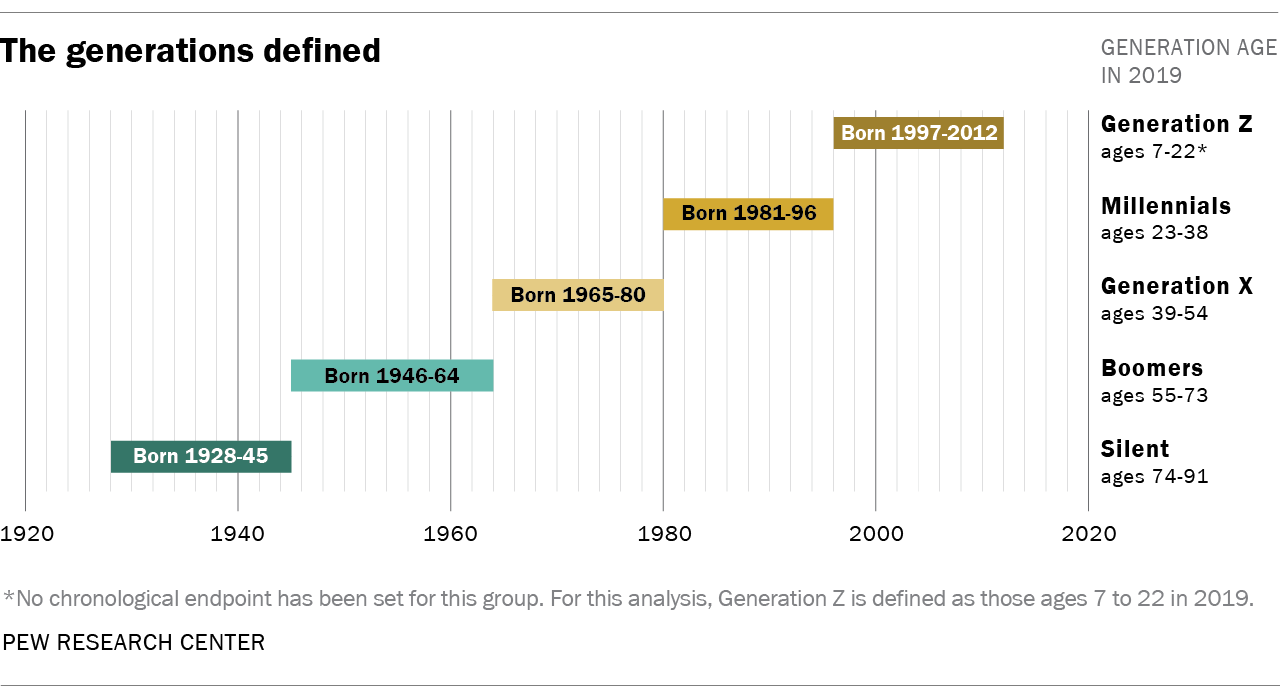Redefining the Future
The Gen Z years—spanning roughly from the mid-1990s to the early 2010s—have become a pivotal period not just in terms of demographics, but also in shaping cultural, social, and economic landscapes. As the first generation to grow up with technology integrated into their lives from an early age, members of Gen Z are redefining norms in ways that will impact future generations. From activism fueled by social media to an increasing emphasis on mental health, the Gen Z experience is pivotal in understanding where society is headed.
The Role of Technology
Unlike any generation before them, Gen Z has had constant access to smartphones and social media platforms. According to a 2022 survey by Pew Research, nearly 95% of teenagers own a smartphone, and 85% are on social media. This level of connectivity has not only reshaped how they communicate but also how they perceive themselves and the world around them. “For us, social media isn’t just a way to connect; it’s a canvas for self-expression and activism,” says 22-year-old climate activist Sarah Tran. It’s this intrinsic relationship with technology that drives their causes and influences other generations to adapt to a more digital lifestyle.
Activism and Social Issues
Gen Z is notable for its pronounced engagement with social justice issues—climate change, racial equality, mental health, and LGBTQ+ rights are front and center. Recent statistics reveal that 73% of Gen Z believes that social activism is essential, according to a 2021 survey by Deloitte. This desire for change manifests itself in active participation in movements like Black Lives Matter, Fridays for Future, and various mental health initiatives. The 2022 United Nations Climate Change Conference (COP26) saw a significant portion of its attendees from the Gen Z population, showcasing their commitment to championing urgent causes.
The Quest for Mental Wellness
Interestingly, while Gen Z is pushing for open discussions about mental health, they also face significant mental health challenges themselves. A report from the American Psychological Association indicates that 91% of Gen Z members have experienced some level of stress or anxiety, with factors such as the COVID-19 pandemic, work prospects, and societal instability contributing to mental health decline. Mindfulness, therapy apps, and open discussions about mental wellness are quickly becoming integral to their daily lives.
The Economic Impact
As Gen Z enters the workforce, their values and preferences are set to have considerable implications on economic trends. Their approach to work-life balance, workplace culture, and consumerism is redefining how businesses operate. Many prioritize employers who value diversity and sustainability over financial incentives alone. A recent study by McKinsey found that 53% of Gen Z employees are willing to leave an organization that does not support their mental health and well-being.
A Future Defined by the Gen Z Years
Understanding the Gen Z years is crucial for anyone who wishes to grasp the social paradigms emerging in today’s world. With their strong advocacy for justice, mental wellbeing, and digital fluency, they have the potential to unleash unprecedented change across various facets of society. As they continue to navigate adulthood, their influence will undoubtedly shape both the cultural and economic fabric of generations to follow. The question is not whether they will change the world, but rather how quickly and profoundly this movement will be felt.

